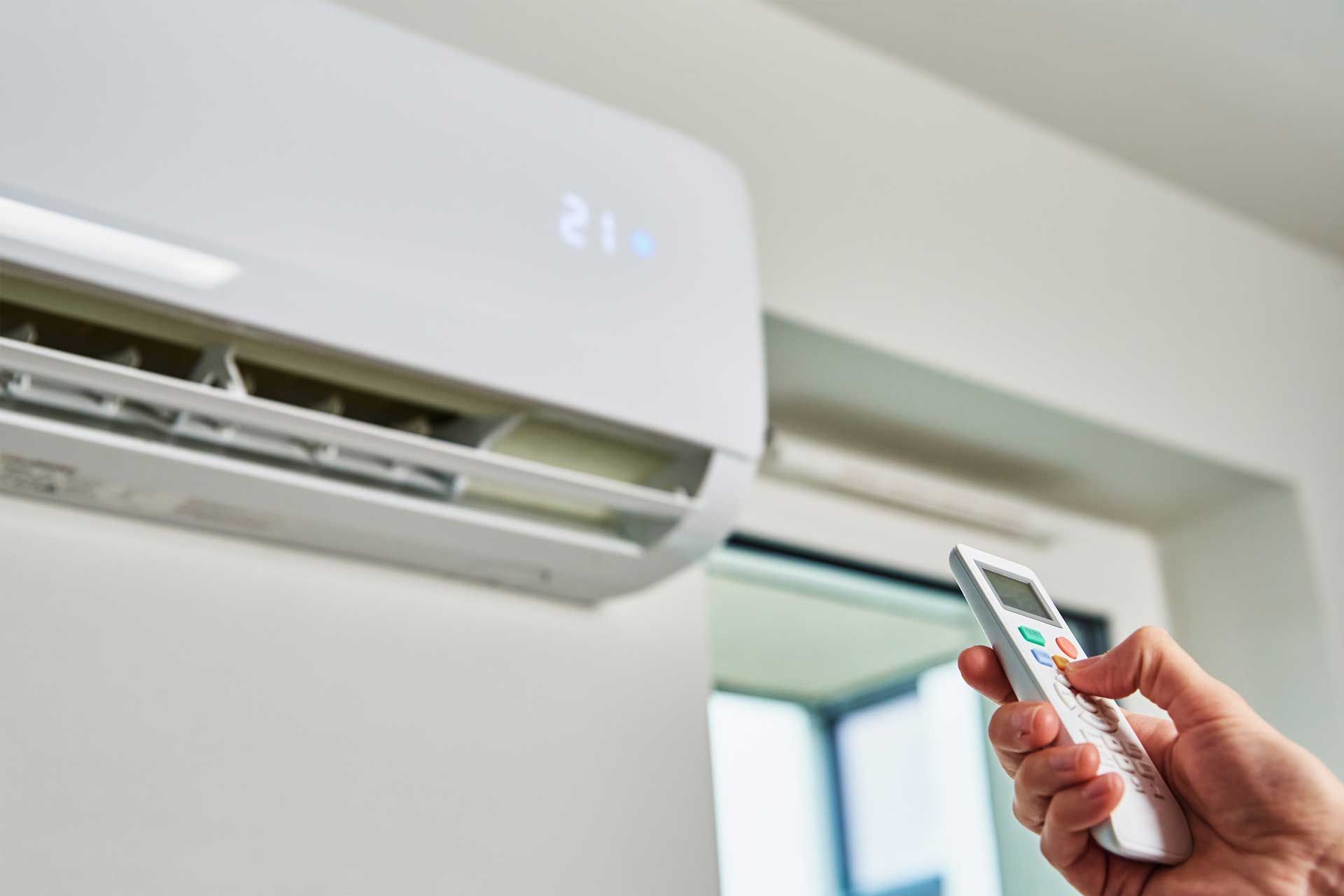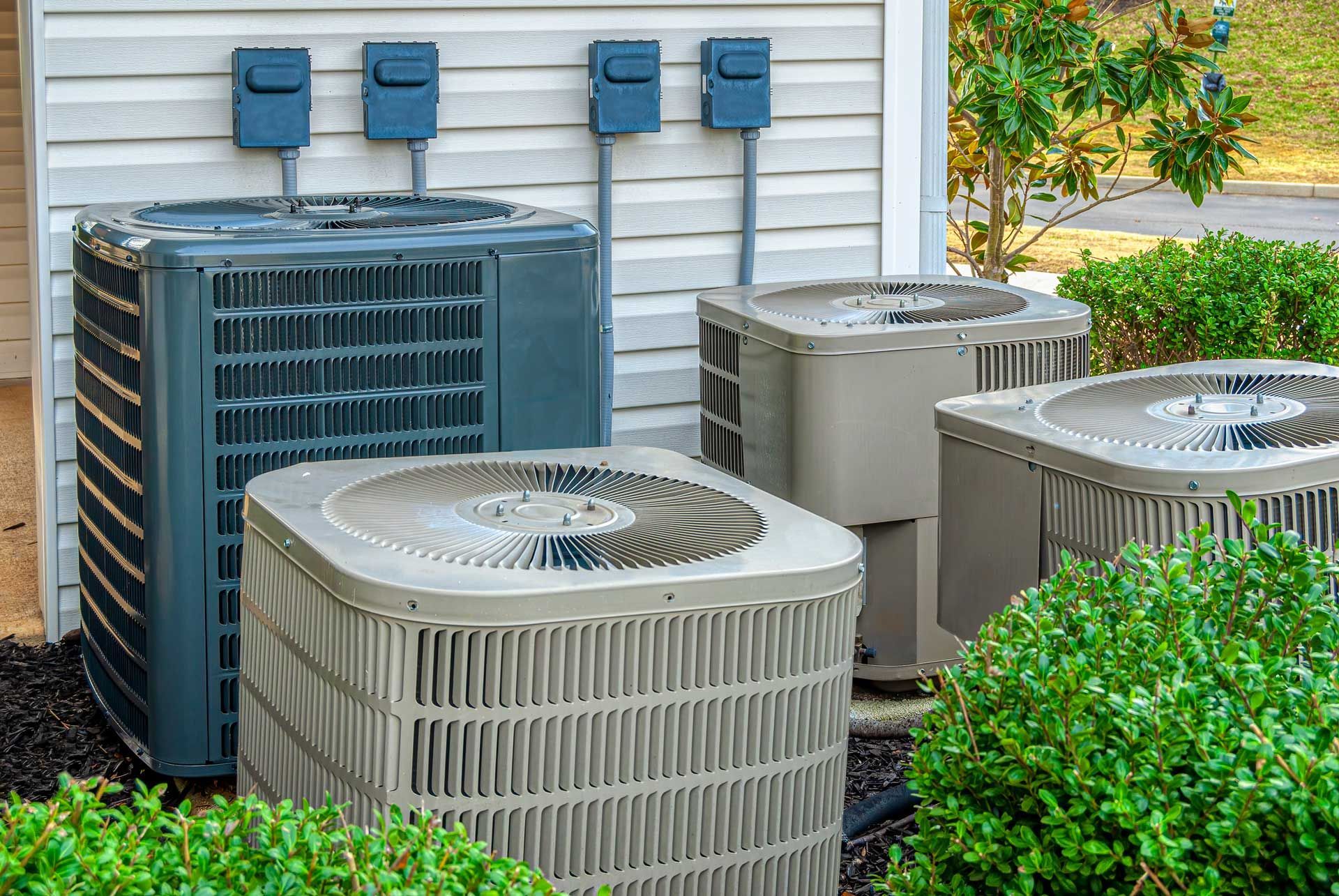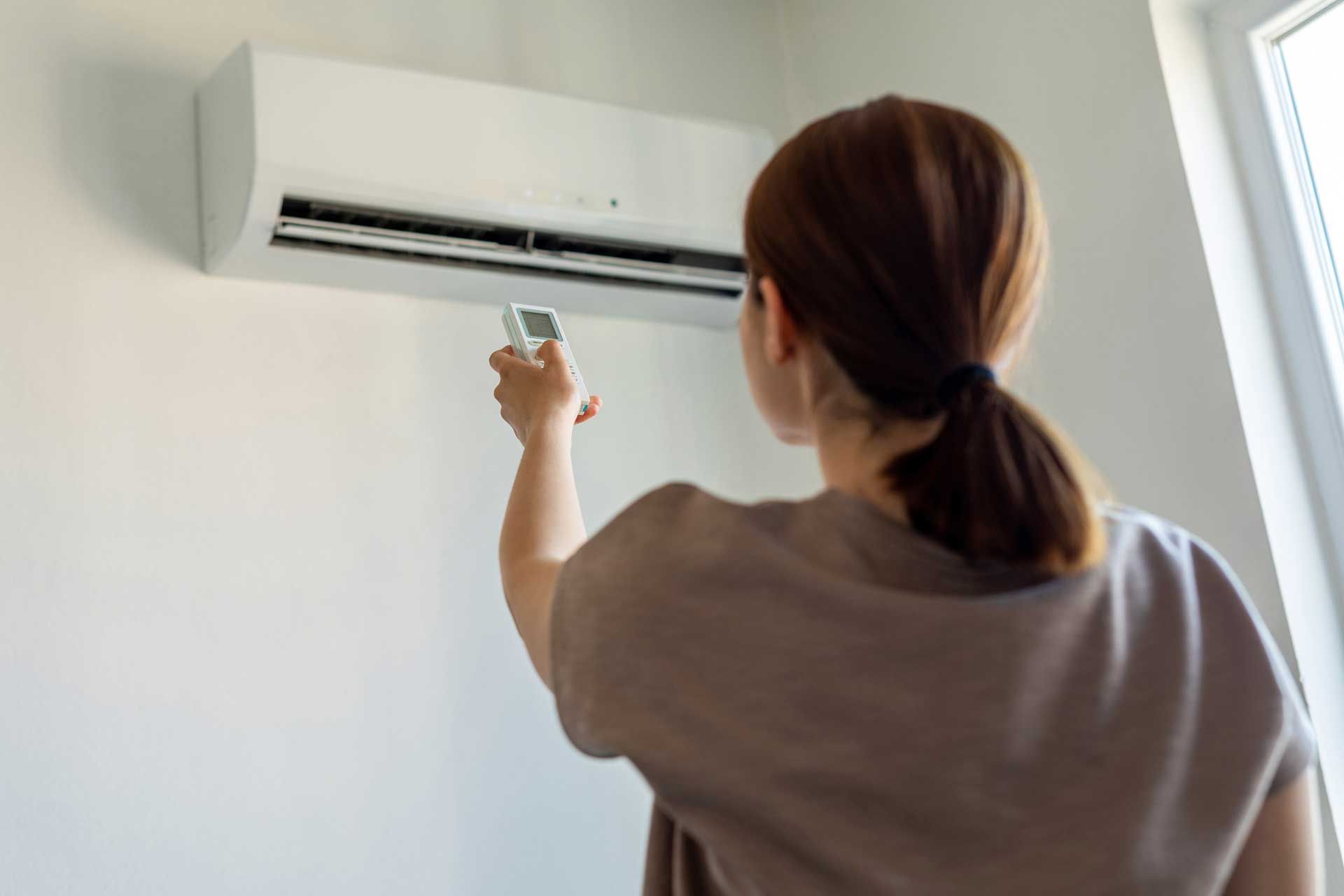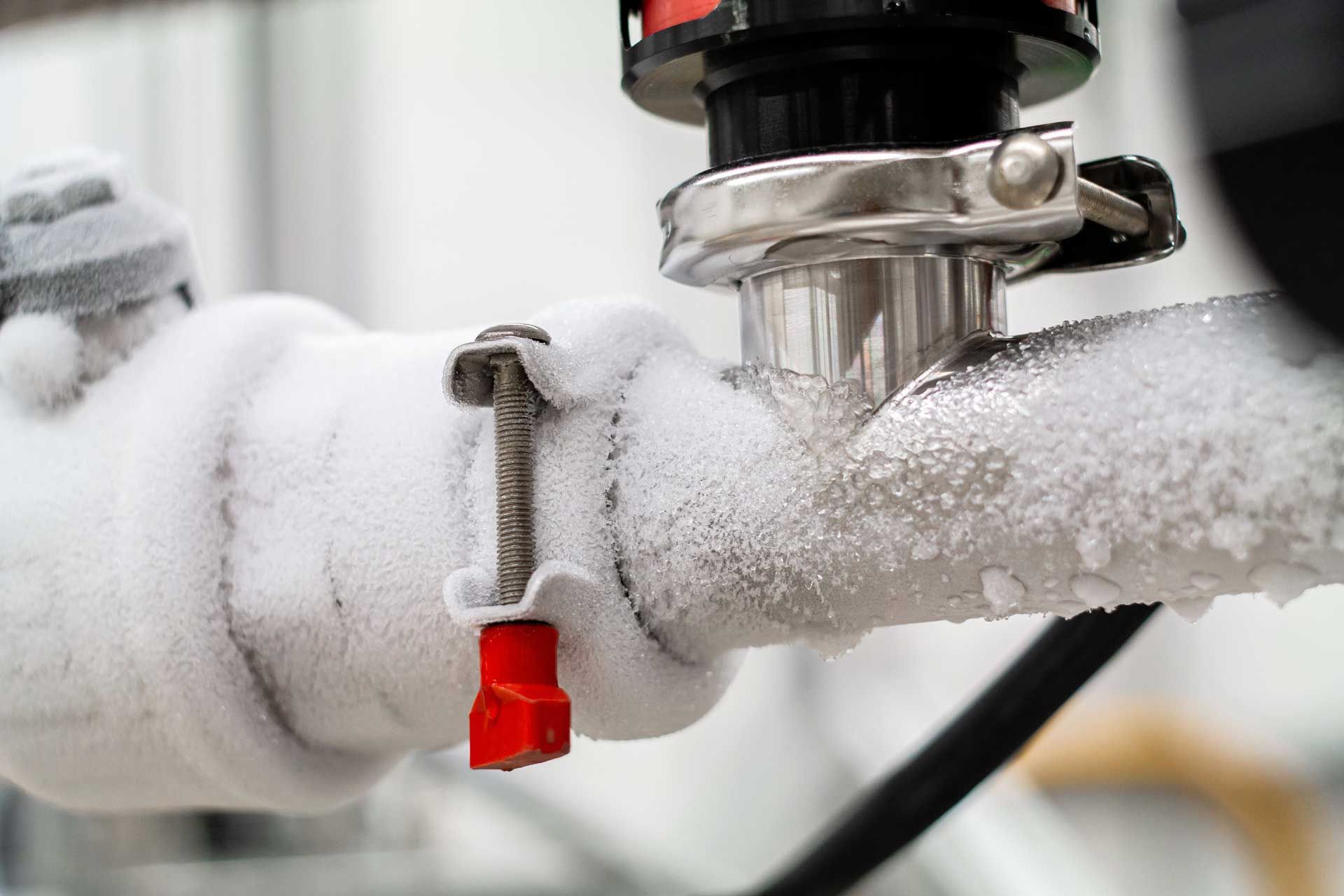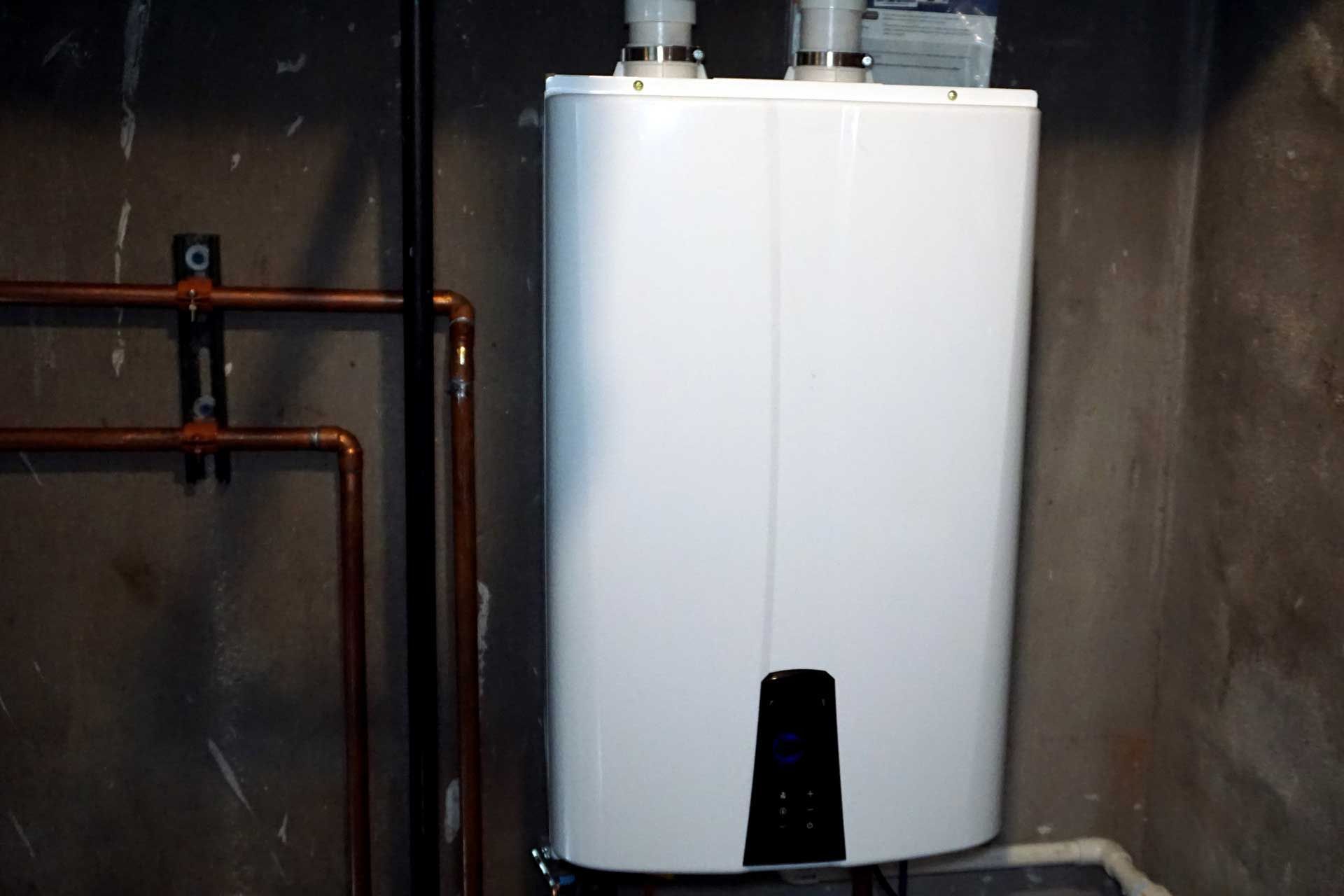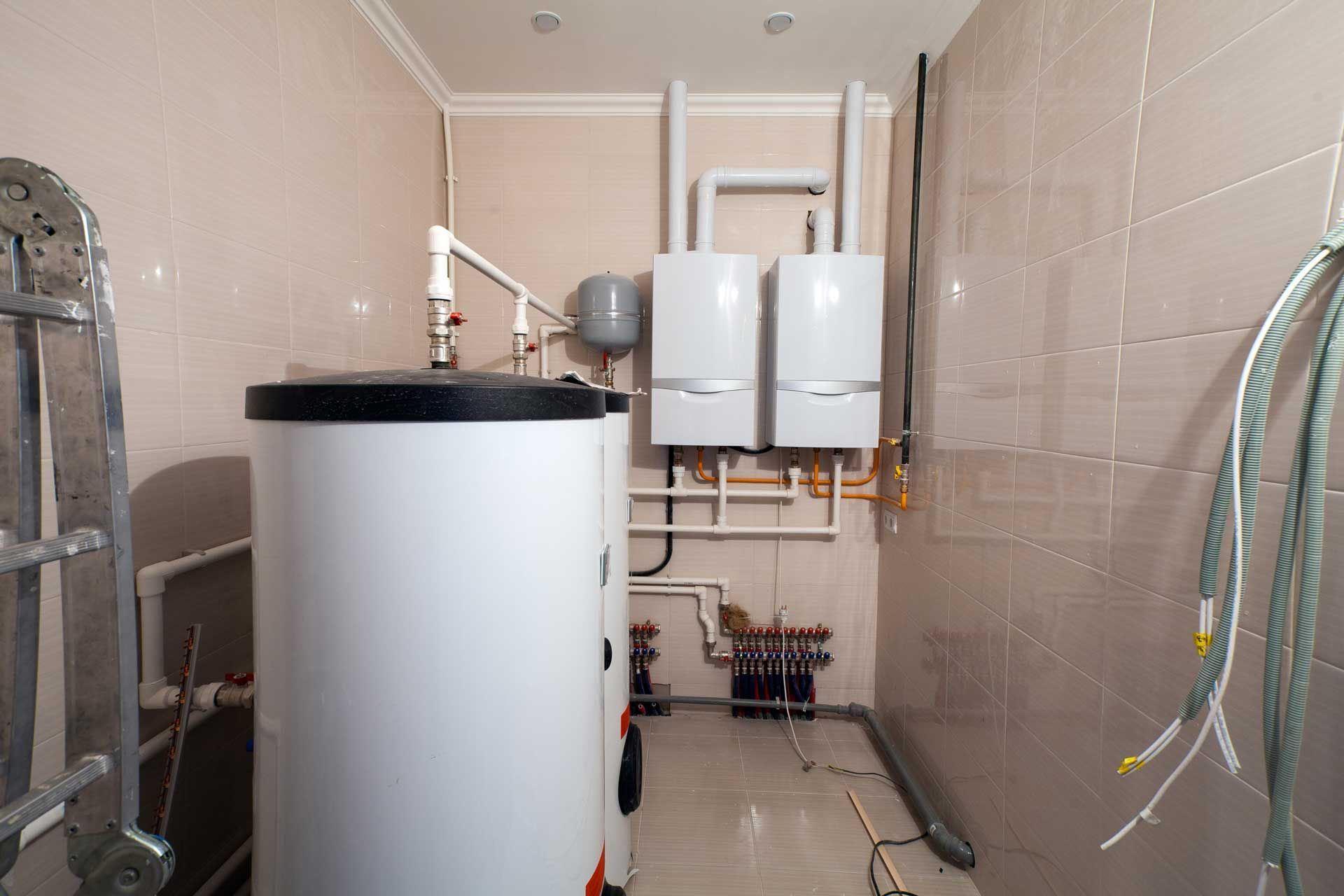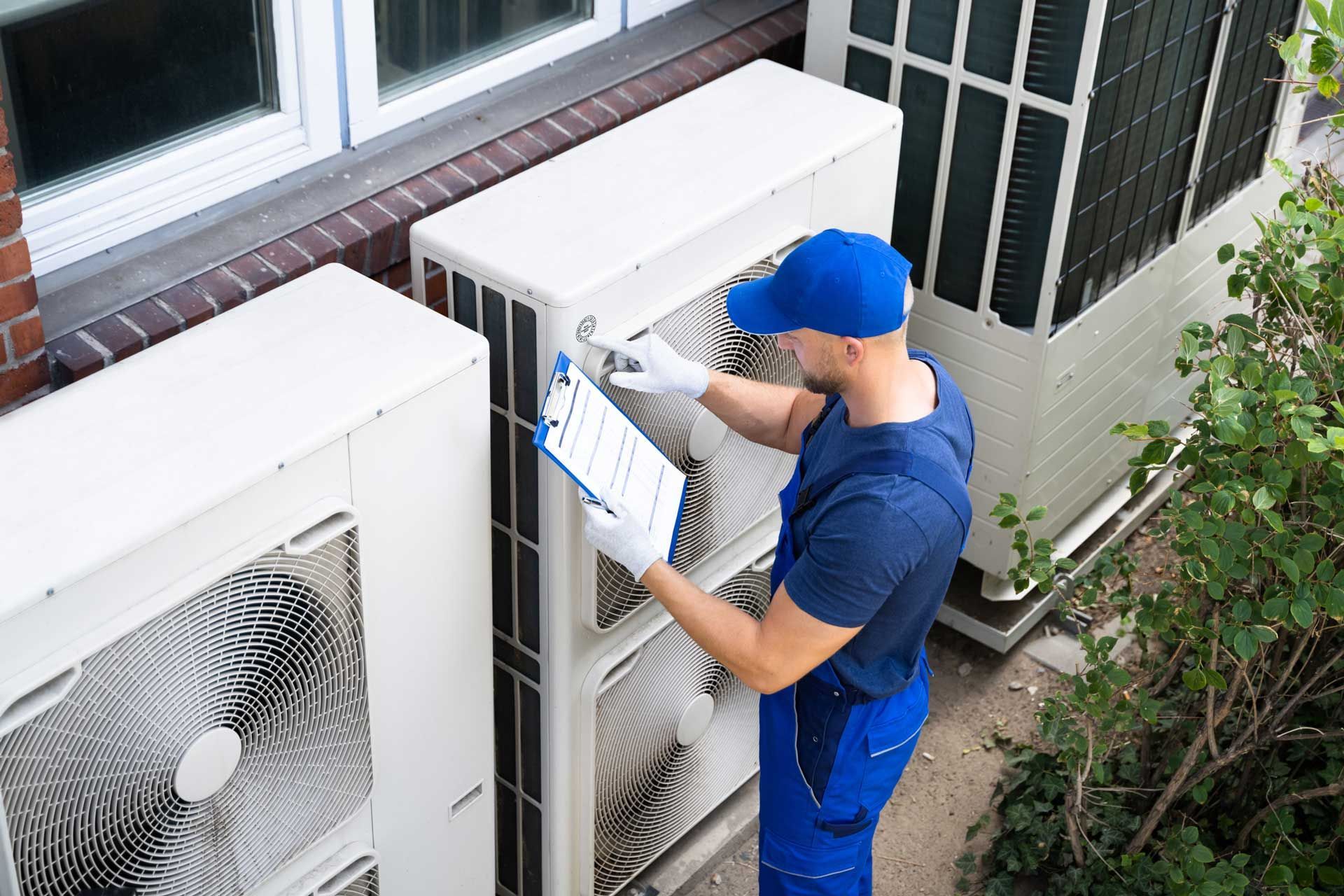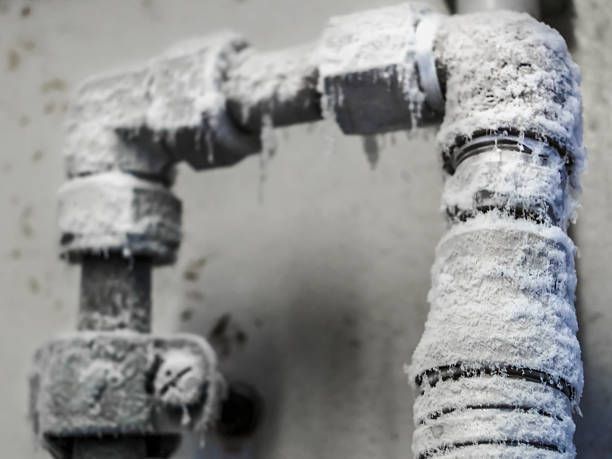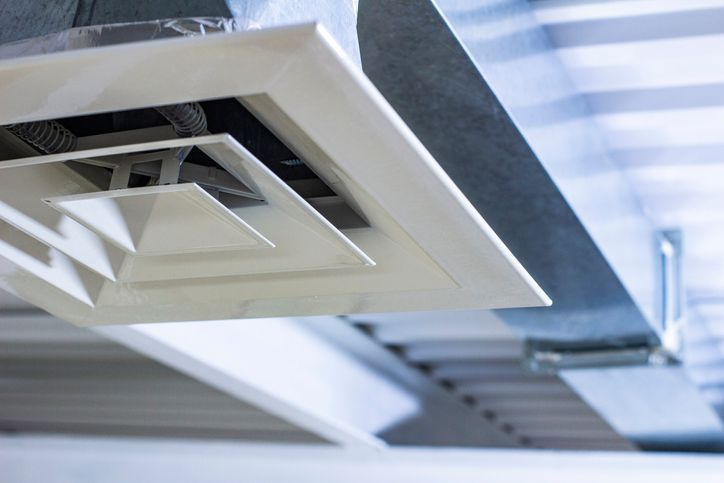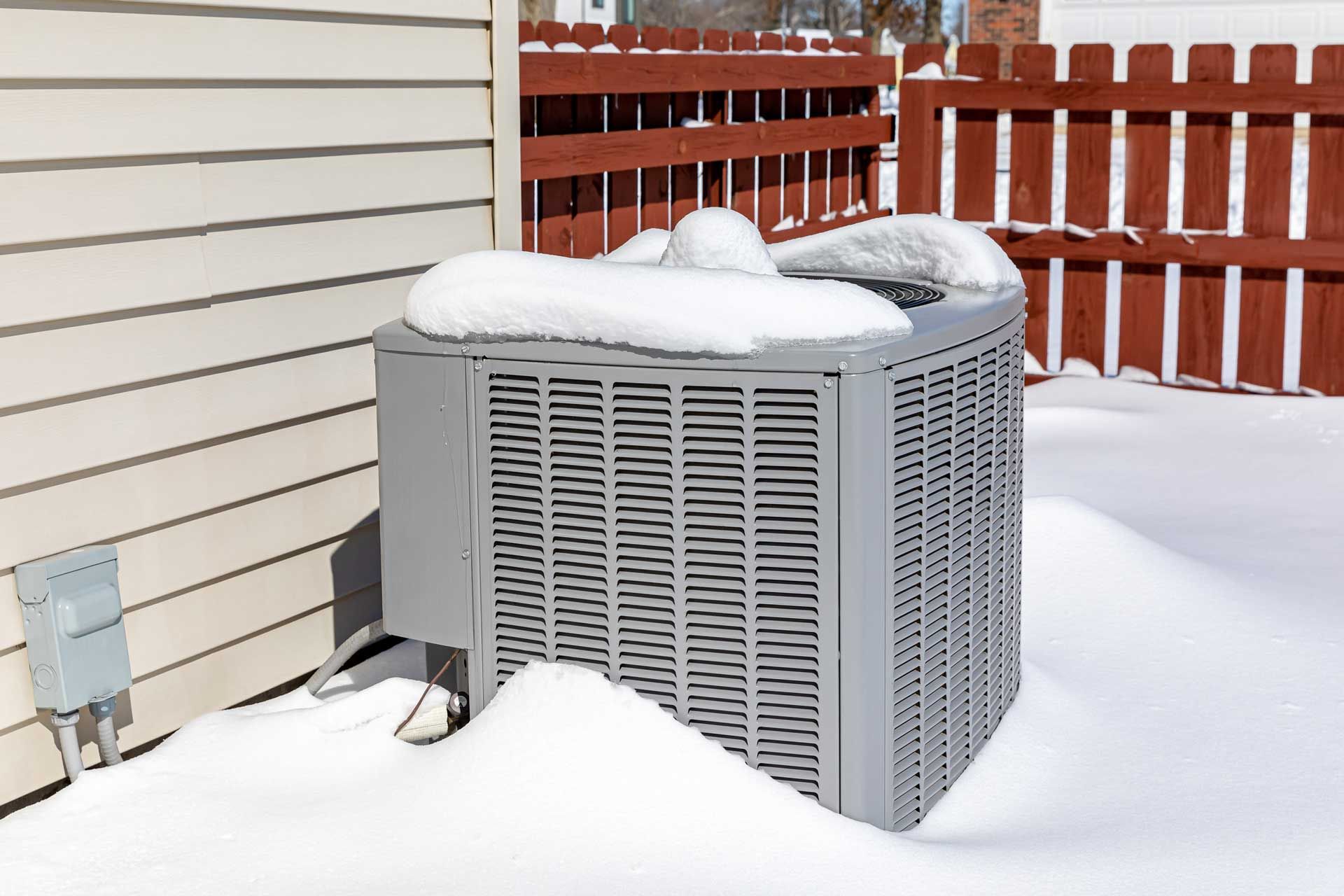gwpms@yahoo.com
How Different HVAC Components Contribute to IAQ
The quality of air within your premises, known as Indoor Air Quality (IAQ), affects the occupants' comfort and wellbeing. HVAC systems contain various components that work together to protect you from contaminants. Explore how each component enhances your indoor air quality.
Air Filters
HVAC air filters trap particulate contaminants that get into your indoor space. Such particles include pollen, bacteria, dust mites, and fungi. The foreign particles exacerbate allergic reactions in sensitive people. Therefore, the ideal unit for your office or home is the high-efficiency particulate absorption filter, with an efficiency rating of 99.9% .
Due to the nature of air filters' work, particles pile up and clog the unit with time. If you don't clean up and change the filters when needed, the trapped components flow in your indoor space alongside clean air. Also, many air filters only keep out gas or particles. So, if you want a unit that eliminates particles and gas, check the label or consult your manufacturer before installing one.
Humidifiers
The ideal humidity for indoor air should range from 30–55%, and any percentage below the range translates to dry air. Your indoor air dries out if your home's or office's heating system is always in use or you live in an arid climate. Humidifiers add vapor to your indoor air to prevent health problems.
Significant health issues dry air can cause include:
- Throat, lungs, and eye irritation
- Dry skin that could develop cracks with prolonged exposure
- Coughs that result from inhalation of dry air
Dehumidifiers
Dehumidifiers reduce moisture from your indoor air. They are essential if you live in an area with high atmospheric moisture levels. Indoor air moisture may not be a big problem if you don't have allergies. Nonetheless, the humid environment provides favorable mold and mildew growth conditions.
Typical culprits of excessive moisture are damp basements, so a dehumidifier is ideal in such areas of your premises. Also, dust mites in your air, clothes, and beddings thrive in humid regions and trigger allergies. Yet, even if none of your family members has allergies, a dehumidifier is vital if you have young children and older adults within the household.
UV Lamps
UV is the ultraviolet region of light. This wavelength region has significant energy levels and can kill microorganisms. UV lamps are not always pre-installed as part of HVAC units, but you can add one to control microorganisms' growth. The mercury vapor in UV lamps emits light at a frequency required to kill given microorganisms.
The best use of UV lamps inside your residential unit is to keep your AC's drain pan and coil clean. That way, you discourage the growth of foreign particles on essential HVAC Components. Nonetheless, be careful because UV lamps might degrade some components. So, confirm that your HVAC can handle a UV lamp light if you want to install one.
Recovery Ventilation
Recovery ventilators come in two forms : energy recovery ventilator (ERV) and heat recovery ventilator (HRV). The role of recovery ventilators is to filter outdoor air and get back the energy from the air. The difference between ERV and HRV is that HRV only gets heat from the exhaust air, whereas ERV recovers heat and moisture.
Recovery ventilators precondition the outdoor air that gets inside your HVAC. As a result, you lower the strain and could reduce the unit size you need. Also, if your premises have cracks that cause infiltration or exfiltration, ERVs and HRVs curb the problem. You can also set up a recovery system in a new or existing HVAC system based on your needs.
Prolonged exposure to indoor air contaminants predisposes you to respiratory illnesses. So, always schedule regular maintenance to keep your HVAC in good shape. If you have more questions or want HVAC maintenance services, contact Preferred Mechanical Services .
Quick Links
Business Information
Phone: 317-924-4042
Email: gwpms@yahoo.com
Address: 67 North 2nd Avenue Beech Grove, IN 46107
24-Hour Emergency Service
PC License #CP10100003
Our Location
